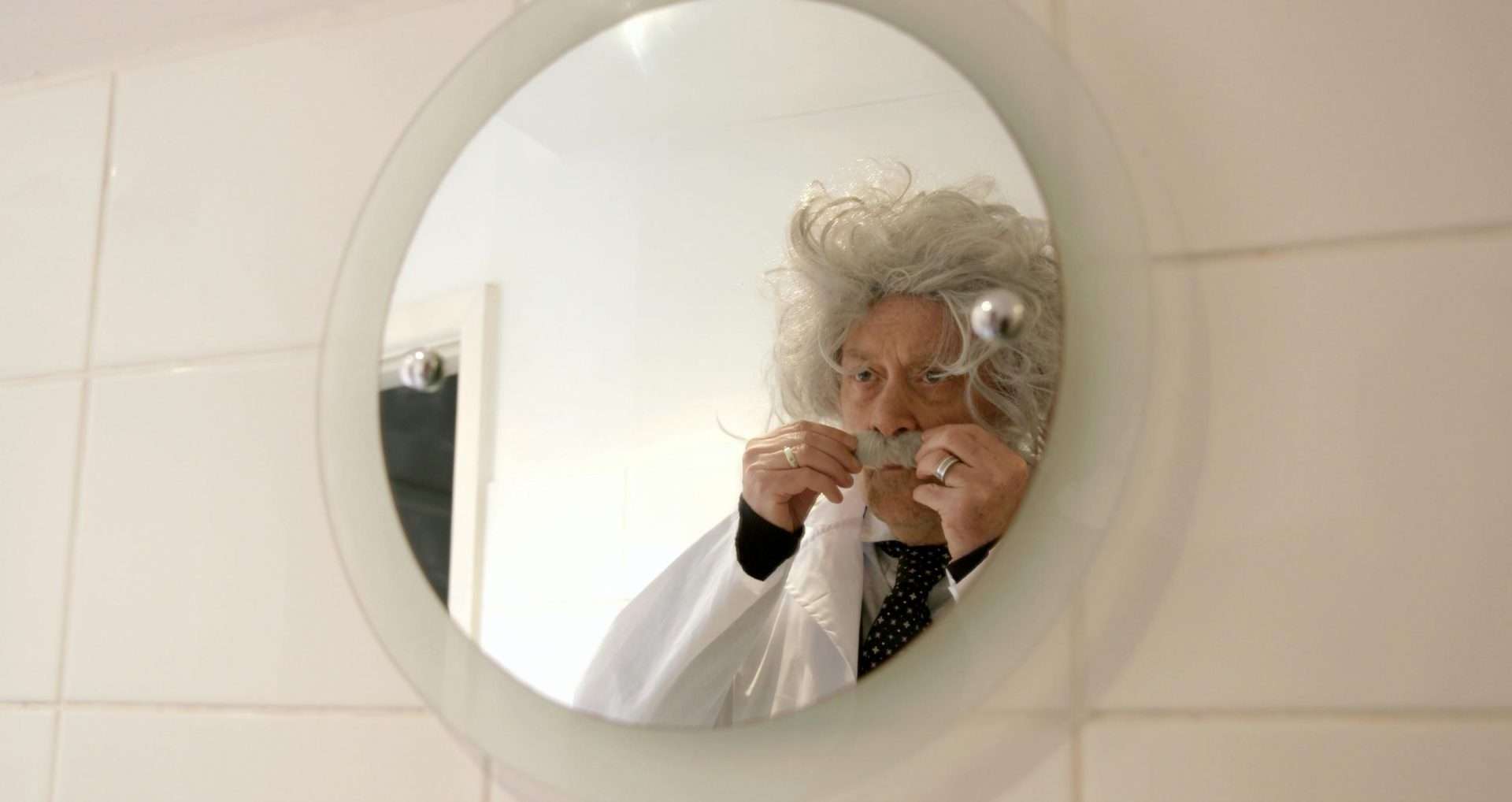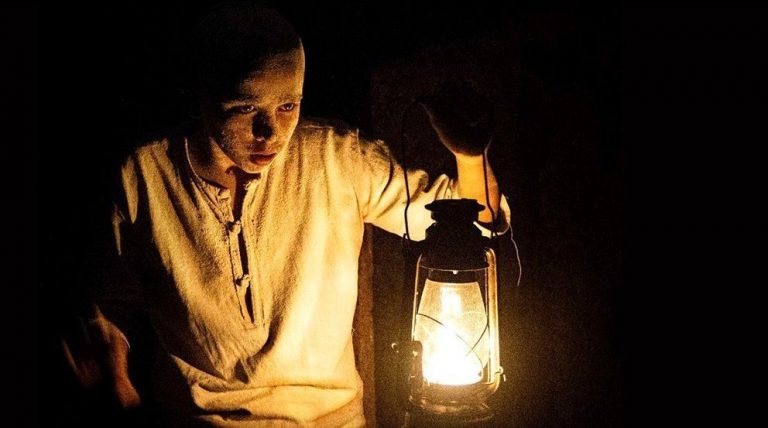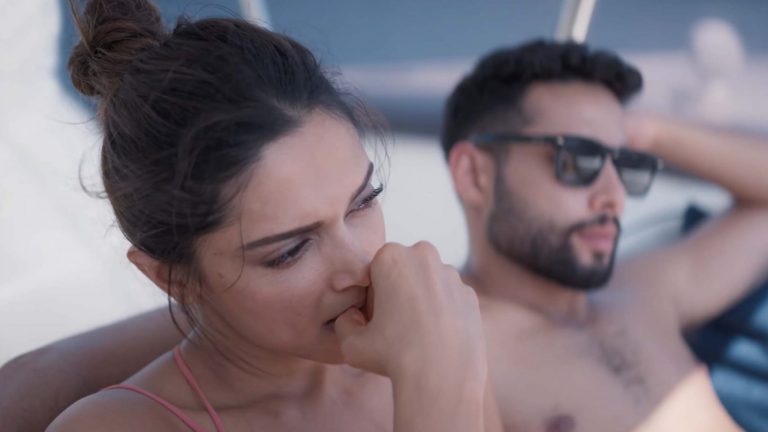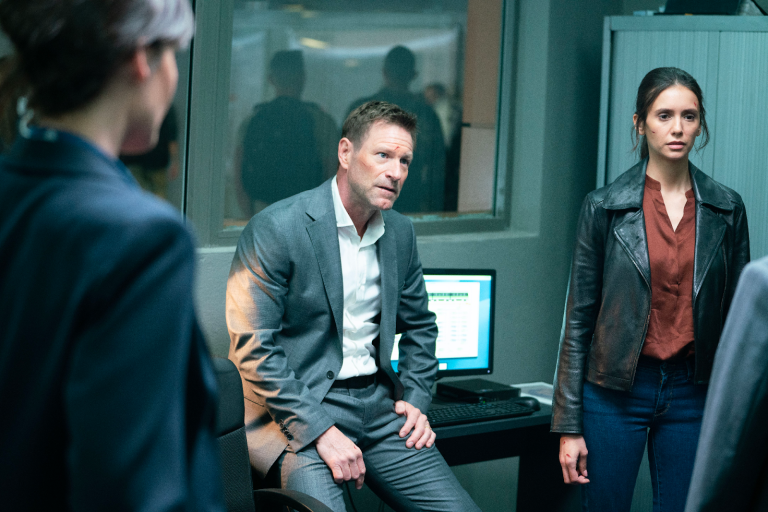There is so much tenderness in Red Herring that one is struck by how the director, Kit Vincent, achieves it without devolving into mush and froth – easy to slip into when delving into a subject as touching as this. It is also a brave film by many accounts, one that is alert to its tendencies to fall back on a navel-gazing personal portrait in a time of tangible mortality, resisting these inclinations and gazing outwards at the people, his family who surround him and their bunch of anxieties.
Vincent is diagnosed with a terminal brain tumor. He had his first seizures at twenty-four. He recalls with amusement the regret he had of the unfilmed moment when his father, Lawrence, first heard of the diagnosis and collapsed. This impelled in him the desire to take his camera out and record, persistently, often to his partner’s annoyance, his family’s coping with his tumor. This also enables him to initiate intimate conversations he has not had with his parents, especially his mother, from whom he drifted apart a long time ago, since his adolescence, after he moved to London to live with his father.
The proximity to his father has built a relationship between them of mutual love and constant care and watching out for one another. Vincent nudges at the distance accrued between his mother and him over the years and asks her to explain why she stayed so emotionally remote. She, on the other hand, says she had been wishing he would reconnect but had never sensed any such urge in him. He tells her he wanted her to be his parent while she believes she had desired a relationship with him on adult, mature terms. This tussle of unsaid expectations is shared with so much ache in one of the film’s most emotionally momentous scenes, it churns something within the viewer.
The honesty and acuity in the film are shattering, and these conversations with his mother bring enormously calm depth, beautifully counterpoised with Lawrence’s more eccentric, colorful excesses. In a telling line, the mother tells Kit how his father is acclimatized to an ordered world, and the disruption engendered by his diagnosis has ripped it wholly apart, which explains the varying coping mechanisms Lawrence adopts. Lawrence, however, insists that these processes of coping are not his means of escaping per se from the circumstances, which may seem so.
‘Red Herring’ documents Lawrence’s changing obsessions, some fleeting, others lasting. He goes on long hikes, grows cannabis in a room to supply painkillers for his son, and develops a newfangled preoccupation with religion and spirituality. He finds refuge in Judaism, expounding how it is more akin to a philosophy.

Kit reminds him that the same has been said about the Bible. At one point, he dons Jewish attire at a ceremony. Much of these are played as endearing quirks; some land, others diffuse into non-registering shticks. He has never felt that he is a part of any group all his life, he says. This diagnosis gave him permission to float away, his identity like a balloon, never sure of where and when he could land.
What endures as memorable are the sudden flashes of warmth and concern. Kit tells his father that he cries more when happy news arrives than bad. There are also detours into Lawrence talking about his troubled childhood and his truant father. But these are not really diversions; they accumulate into resonant observations on family ties and the rippling effects of knowledge of impending loss. Kit maintains he didn’t intend this as a sad film but as a testament to how happy he was in his final year.
This is reflected in how his family withstands the recourse to mournfulness, choosing to celebrate tenacity and hope despite the crushing awareness that sharpens as time closer to each new scan result. There are these unbearably brief, introspective bits where Kit shares what his own feelings are; he admits to the utter loneliness of his fears and the dread of possible memory loss with treatments. He adds that if he opened up as everyone kept prodding him to, it would swallow everyone up.
Instead, the film embraces life in its eclectic richness, in the empowering discoveries the diagnosis effected and a bracing affiliation among family, surpassing differences and conflicts that have riven across the years. Kit makes way for recollection and remembrance in its most humane and joyously cohesive form, with a montage coming in the film’s final stretch bound to reduce anyone down to a weepy mess.
Red Herring screened at the Sheffield DocFest 2023
Red Herring (2023) Links: IMDb, Sheffield DocFest
Director: Kit Vincent
Runtime: 94 Minutes
Cinematography: Ruk Burnell, Kit Vincent
Editing: Hattie Brooks-Ward, David Higgs






![Errementari [2017] Netflix Review – A Simplistic yet Wildly Entertaining Folk Horror](https://79468c92.delivery.rocketcdn.me/wp-content/uploads/2021/03/Errementari-2017-768x432.jpg)

![Shut Up Sona [2020] Review: As Fiery as the Person It Is Documenting](https://79468c92.delivery.rocketcdn.me/wp-content/uploads/2022/07/Shut-Up-Sona-2019-768x432.webp)